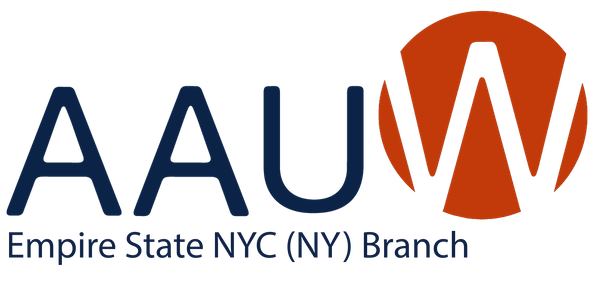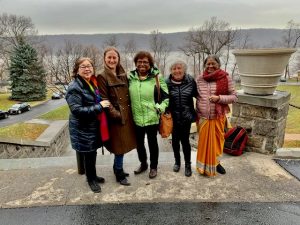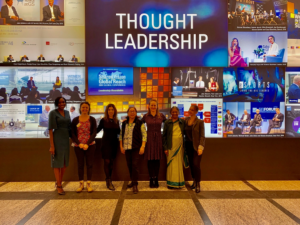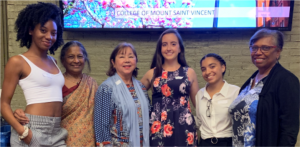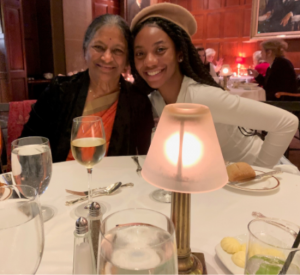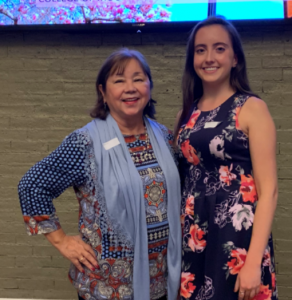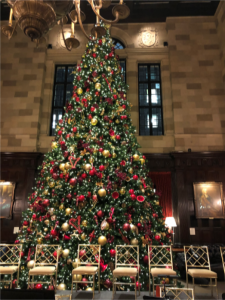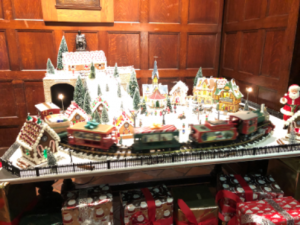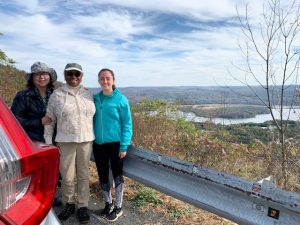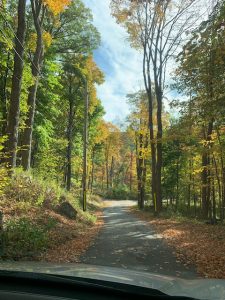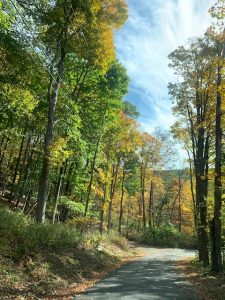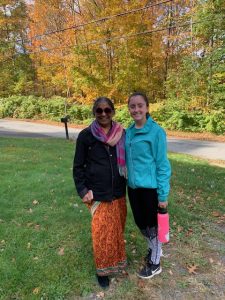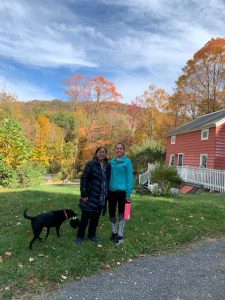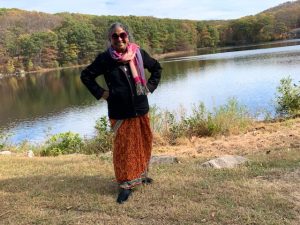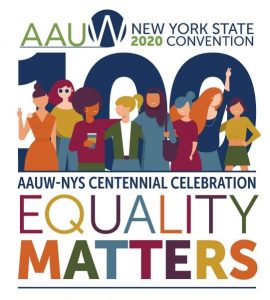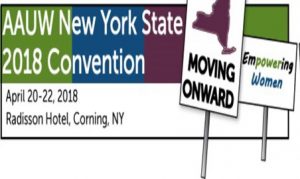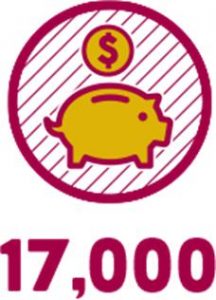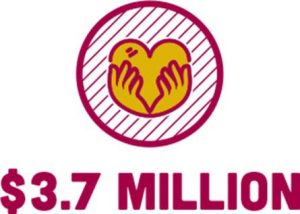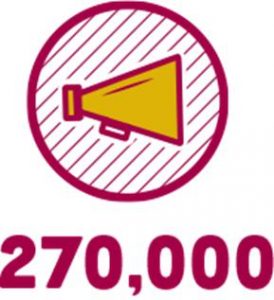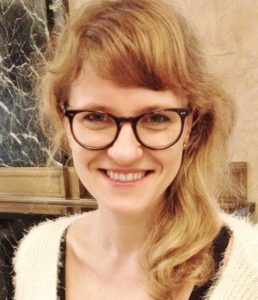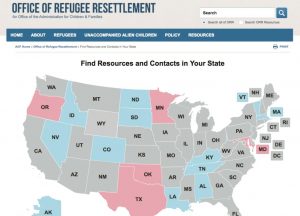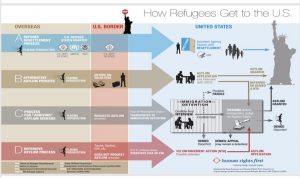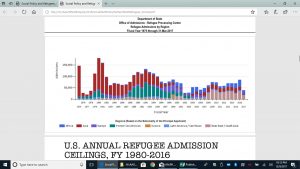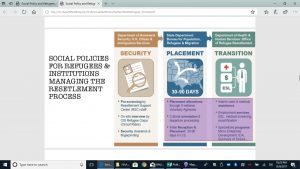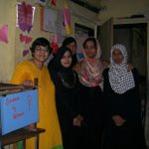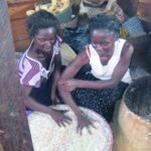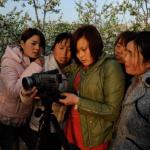Topics for Great Decisions* 2018
1. The Waning of Pax Americana? By Carla Norrlof
During the first months of Donald Trump’s presidency, the U.S. began a historic shift away from Pax Americana, the liberal international order that was established in the wake of World War II. Since 1945, Pax Americana has promised peaceful international relations and an open economy, buttressed by U.S. military power. In championing “America First” isolationism and protectionism, President Trump has shifted the political mood toward selective U.S. engagement, where foreign commitments are limited to areas of vital U.S. interest and economic nationalism is the order of the day. Geopolitical allies and challengers alike are paying close attention.
Date: 4th Thurs, Jan. 25
Reviewer: Julie Kleszczewski
2. Russia’s Foreign Policy By Allen C. Lynch
Under President Vladimir Putin, Russia is projecting an autocratic model of governance abroad and working to undermine the influence of liberal democracies, namely along Russia’s historical borderlands. Russia caused an international uproar in 2016, when it interfered in the U.S. presidential contest. But Putin’s foreign policy toolkit includes other instruments, from alliances with autocrats to proxy wars with the U.S. in Georgia, Ukraine and Syria. How does Putin conceive of national interests, and why do Russian citizens support him? How should the United States respond to Putin’s foreign policy ambitions?
Date: 2th Thurs, Feb 8
Reviewer: Dr. Elaine Fenton
3. China and America: the New Geopolitical Equation
By David M. Lampton
In the last 15 years, China has implemented a wide-ranging strategy of economic outreach and expansion of all its national capacities, including military and diplomatic capacities. Where the United States has taken a step back from multilateral trade agreements and discarded the Trans-Pacific Partnership (TPP), China has made inroads through efforts like the Belt and Road Initiative and the Asian Infrastructure Investment Bank (AIIB). What are Beijing’s geopolitical objectives? What leadership and political conditions in each society underlie growing Sino-American tensions? What policies might Washington adopt to address this circumstance?
Date: 4th Thurs, Feb.22
Reviewer: Jayne Herrick
4. Media and Foreign Policy By Susan Moeller
State and non-state actors today must maneuver a complex and rapidly evolving media landscape. Conventional journalism now competes with user-generated content. Official channels of communication can be circumvented through social media. Foreign policy is tweeted from the White House and “fake news” has entered the zeitgeist. Cyberwarfare, hacking and misinformation pose complex security threats. How are actors using media to pursue and defend their interests in the international arena? What are the implications for U.S. policy?
Date: 2nd Thurs, Mar 8
Reviewer: TBD
5. Turkey: a Partner in Crisis By Ömer Taşpinar
Of all NATO allies, Turkey represents the most daunting challenge for the Trump administration. In the wake of a failed military coup in July 2016, the autocratic trend in Ankara took a turn for the worse. One year on, an overwhelming majority of the population considers the United States to be their country’s greatest security threat. In this age of a worsening “clash of civilizations” between Islam and the West, even more important than its place on the map is what Turkey symbolically represents as the most institutionally Westernized Muslim country in the world.
Date: 4th Thurs, Mar.22
Reviewer: Maria Ellis
6. U.S. Global Engagement and the Military By Gordon Adams
The global power balance is rapidly evolving, leaving the United States at a turning point with respect to its level of engagement and the role of its military. Some argue for an “America First” paradigm, with a large military to ensure security, while others call for a more assertive posture overseas. Some advocate for a restoration of American multilateral leadership and a strengthened role for diplomacy. Still others envision a restrained U.S. role, involving a more limited military. How does the military function in today’s international order, and how might it be balanced with diplomatic and foreign assistance capabilities?
Date: 2nd Thurs, April 12
Reviewer: TBD
7. South Africa’s Fragile Democracy By Sean Jacobs
The African National Congress (ANC) party has governed South Africa since the end of apartheid in 1994. But the party today suffers from popular frustration over official corruption and economic stagnation. It faces growing threats from both left and right opposition parties, even as intraparty divisions surface. Given America’s history of opportunistic engagement with Africa, there are few prospects for a closer relationship between the two countries. Meanwhile, a weaker ANC could lead to political fragmentation in this relatively new democracy.
Date: 4th Thurs, April.26
Reviewer: TBD
8. Global Health: Progress and Challenges By Joshua Michaud
The collective action of countries, communities and organizations over the last 30 years has literally saved millions of lives around the world. Yet terrible inequalities in health and wellbeing persist. The world now faces a mix of old and new health challenges, including the preventable deaths of mothers and children, continuing epidemics of infectious diseases, and rising rates of chronic disease. We also remain vulnerable to the emergence of new and deadly pandemics. For these reasons, the next several decades will be just as important—if not more so—than the last in determining wellbeing across nations.
Date: 2th Thurs, May 10
Reviewer: Dr. C.S. Rani
Charles Room, The Harvard Club, 27 W 44th St., 5:30—7:30 p.m.
For more information, email Julie K: juliek@msn.com
*Check back with us for a finalized list of authors and titles for each topic.
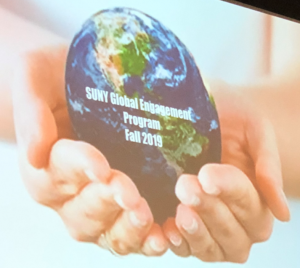
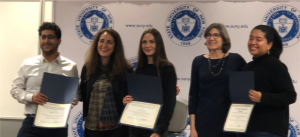
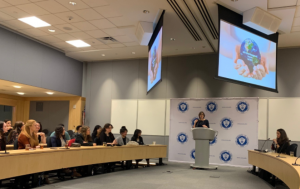
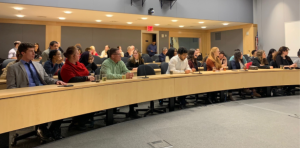
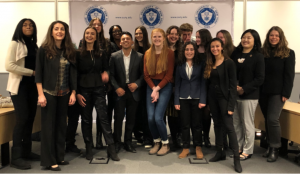 The SUNY Global Engagement Program provides students with the opportunity to spend a semester immersed in international affairs in the world’s most important global city, New York City. Enrolled students complete an internship with an international not-forprofit organization, research program and an integrated class at the SUNY Global Center. This program offers options to undertake work and study in fields related to global affairs including politics, education, the arts, the social and natural sciences and business.
The SUNY Global Engagement Program provides students with the opportunity to spend a semester immersed in international affairs in the world’s most important global city, New York City. Enrolled students complete an internship with an international not-forprofit organization, research program and an integrated class at the SUNY Global Center. This program offers options to undertake work and study in fields related to global affairs including politics, education, the arts, the social and natural sciences and business.